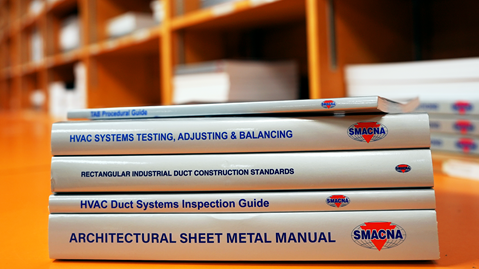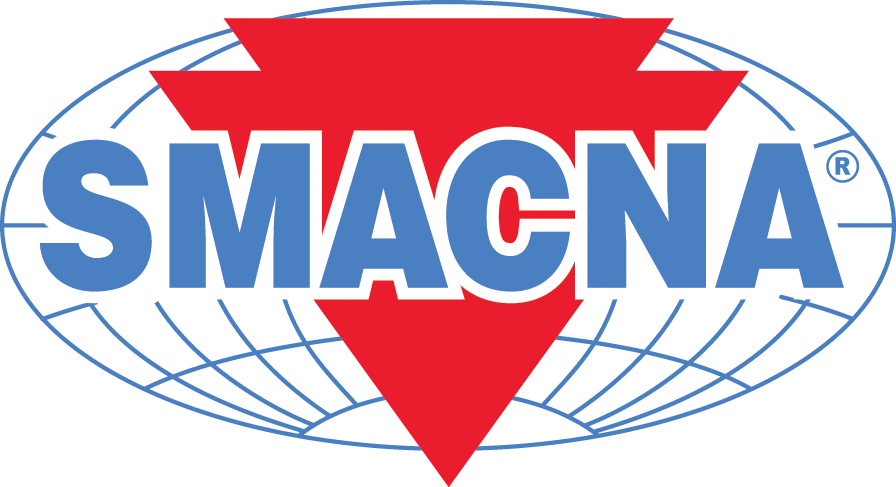Whether you’re a new trustee or have been serving for decades, it takes a lot of work to make well-informed decisions. Having the fund’s key documents readily available can be essential. Following are some of the documents every trustee should have and refer to often.
Trust contact sheet. This handy reference list identifies all service providers, trustees and administrative support staff. Perhaps one of the best resources a trustee can have because it gives you a direct line to the people who can help you find the answers you need.In Need of a Larger Binder?
Every trustee should have these documents available to refer to often.
Any written policies and procedures. Obtaining all the written policies and procedures the trust operates under may mean you end up receiving a bunch of procedures you hope never to have to deal with, like QDRO/QMCSO or HIPAA* privacy procedures. However, operating in compliance with those policies and procedures is essential to good fund management. Not only is the fund required to have some of these policies and procedures by law but whether the fund follows them can often be a determining factor in obtaining a successful outcome should litigation arise. Unfortunately, the only way one can ensure they are followed, is if you know they exist. So, please ask for them and periodically review them to ensure they are up to date and relevant to current operations.
Following are some of the policies you should specifically look for in addition to the QDRO, QMCSO and HIPAA policies already mentioned:
- investment policy
- delinquent contributions policy
- employer audit policy and procedures
- refund policy for employer contributions
- withdrawal liability policy
- trustee education and expense reimbursement policy
- claims appeal policy
- whistleblower policy
- conflict of interest policy
- document retention policy
While most will, not all of these policies apply to every fund. If you are not sure whether your fund is required to have some or all of these policies, please talk with your fund counsel.
Collective bargaining agreement. Trustees need to know what provisions exist in the collective bargaining agreement(s) that require contributions to that fund. Several other provisions, like successor language and evergreen clauses, may also be of significance to the fund in seeking delinquent contributions. Beyond collecting delinquent contributions, the fund should be monitoring the language in a collective bargaining agreement to ensure the bargaining parties have not negotiated something that violates ERISA, the Internal Revenue Code or the plan documents.
A fund should not be accepting contributions under an agreement that violates the law or runs afoul of the plan documents. As a side note -– all contributions to an ERISA fund must be made in agreement with a written document providing for those contributions. If you have related organizations (the union, other fund staff or contributing employers for their non-collectively bargained employees) contributing to the fund, make sure a written agreement exists, is current, and is in compliance with what the law requires for these agreements.
Service provider agreement – for all current providers. The obligation of trustees to monitor and evaluate service providers means you need to know what is in their contracts. Trustees should ensure the contract is reasonable in both fees and scope of services. Trustees should also ensure the service provider is performing as required under the agreement.
*Qualified Domestic Relations Order (QDRO), Qualified Medical Child Support Order (QMCSO) and Health Insurance Portability and Accountability Act (HIPAA)
Trustees should not construe these resources as legal advice and are urged to consult with their own fund counsel to determine whether any action is permissible or advisable.
CONTENT REVIEWED:

Technical Standards
Shop the SMACNA bookstore for all technical standards, including the most recent editions and recently revised manuals.
Shop Now